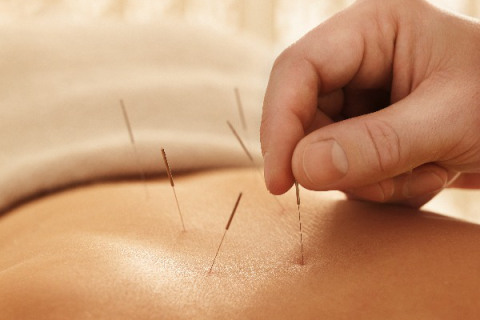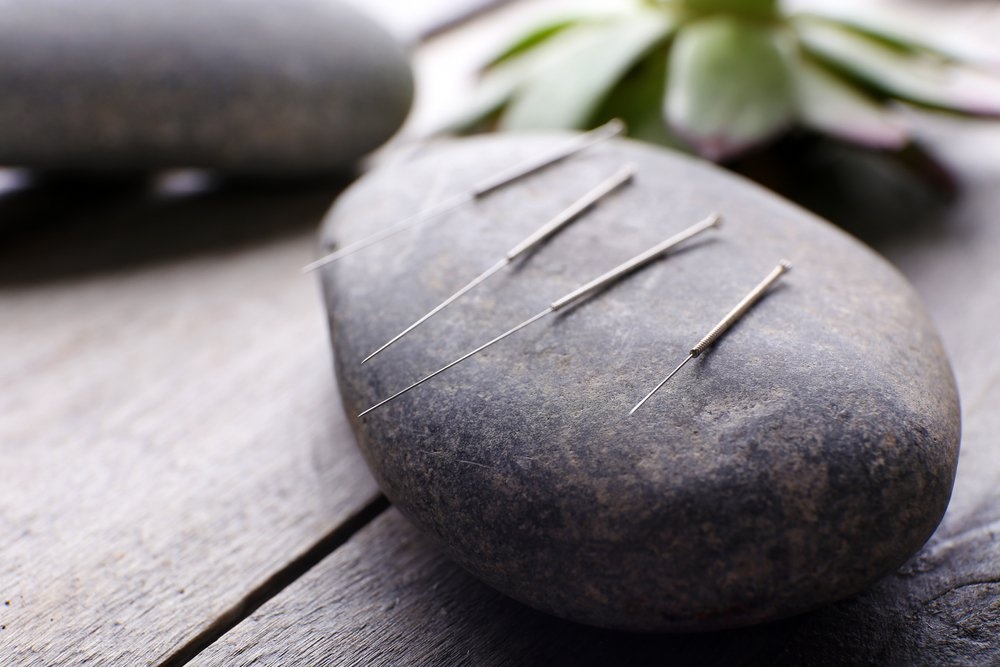What is Acupuncture

Common Questions About Acupuncture
What is acupuncture?
Acupuncture seeks to treat health on the level of energy. The vital energy is what helps to keep us alive and functioning properly. There are pathways in the human body wherein this energy flows, called meridians, or channels. The body is a network of interacting energy. An even distribution and smooth flow of these energies will maintain well-being in body, mind and spirit; health is promoted whereas any interruption, depletion or stagnation in these energies can lead to disease. The principle of acupuncture is to diagnose energy imbalance and treat the deeper underlying cause in addition to alleviating the symptom. It aids body’s natural processes, helping the body to re-order the interaction of energies and heal itself.
Scientific research have indicated that acupuncture helps stimulate the body’s ownsubstances, such as serotonin and endorphins, which are involved in modulating or blocking pain and prompting relaxation. Endorphins help to block pathways that relay pain messages from the body to the brain, resulting in relief of pain, general relaxation and biochemical restoration of the body’s own internal regulation systems. The improved energy and biochemical balance produced by acupuncture stimulates the body’s natural healing abilities thus reducing inflammation and promoting physical and emotional well-being.
What is the treatment process like?
Atypical session lasts from 20 to 30 minutes. During this time the points may be stimulated by twirling the needle or applying a small electrical current. Heat or cupping may also be used to stimulate the acupuncture points. Most people will feel relaxed, even dreamy and may doze off on the treatment table, even with needles in. After the treatment, it’s common to feel energized and calm.

Are the needles Sterile?
Yes. Only the highest quality, stainless steel, disposable needles are used. These needles come in pre-sterilized sealed packets and are discarded after use.
Does it hurt?
Because the needles are ultra-thin and insertion is done quickly and easily, most patients hardly feel anything at all. Some patients may feel a very slight sensation upon the needle’s entry: however, the feeling is only momentary and is far less unpleasant than conventional injection. As well, there are several alternative methods of treatment that can be chosen instead of acupuncture, such as Acupressure, cupping, moxa, and Chinese herbs.
How many treatments are required?
The number of treatments will vary with each individual and condition being treated. For acute problems, only a few treatments may be required. In some cases, one session will be sufficient. For complex conditions, two to three treatments a week for several weeks may be recommended with less frequency as improvement occurs. Typically, a patient will need 6 to 12 sessions of acupuncture, depending on their severity of the problem.
What are Chinese herbs?
Herbal medicine is the main treatment method in traditional Chinese medicine (TCM). The majority of ingredients in Chinese herbal medicine are leaves, flowers, twigs, stems, roots, tubers, rhizomes, and bark. These herbs come in the forms of tea, powder, pills, capsules and bottled liquid extracts. They are pure and natural and contain no synthetic chemicals, thus are few side effects. Each prescription is especially tailored to match individual patient’s specific symptoms or condition.
 health@acuclinic.ca
health@acuclinic.ca